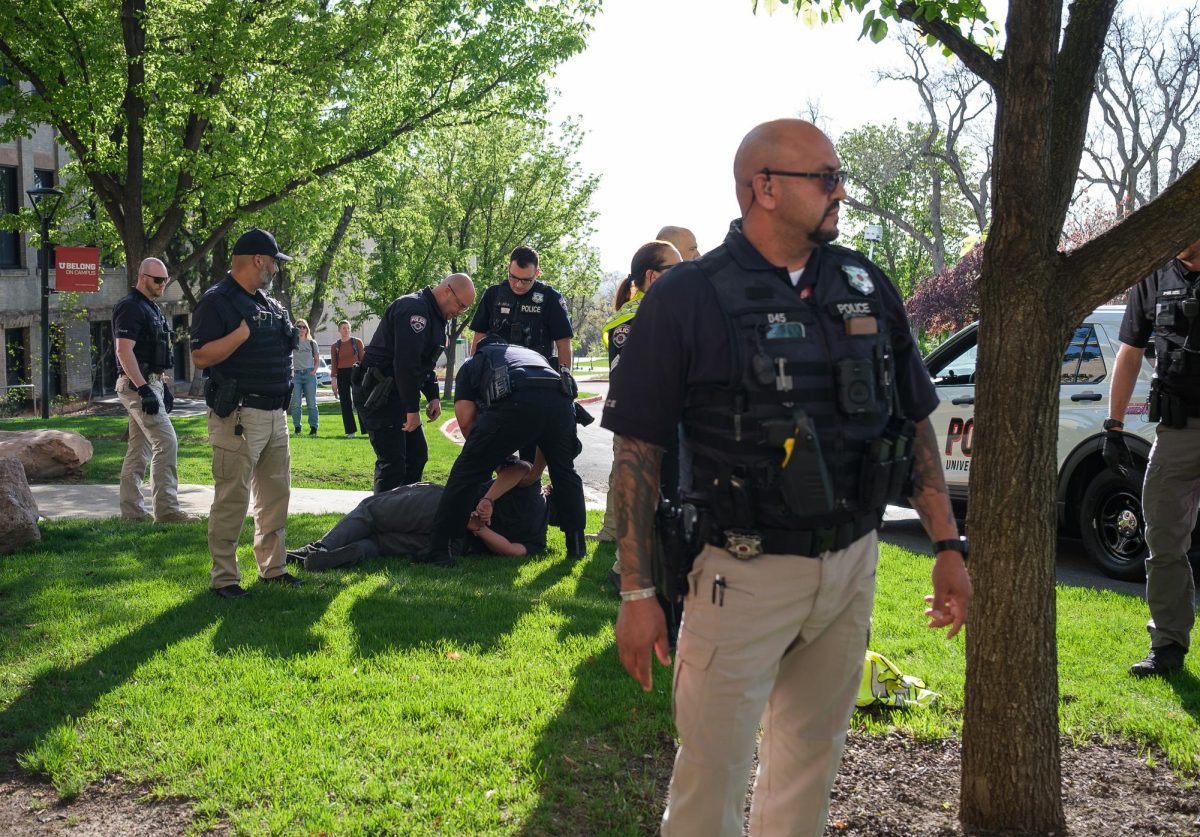Whether they were there, knew someone who was involved or had no connection with any of the victims, U students may be left with feelings of uncertainty in the midst of the Trolley Square tragedy.
The U Counseling Center wants students to know that these emotions — guilt, fear, thoughts of having a nervous breakdown or “going crazy” — are perfectly normal human reactions.
“Feeling like we’re having a breakdown is just our way of formalizing an abnormal situation,” said Lauren Weitzman, director of the Counseling Center. “You tend to feel unlike yourself when a lot of distress happens.”
Although people’s reactions vary, typical reactions of a trauma include: physically feeling fatigued or having difficulty sleeping; feeling anxiety, depression, anger or helplessness; noticing changes in your appetite or feeling “on the edge” and having unwanted thoughts or finding yourself unable to think about anything other than the incident.
Students who find themselves glued to the radio, television or the Internet in search of event coverage should not feed into the trauma too much, Weitzman said.
“It’s important to be informed,” she said, “but not to the point where you become overloaded and you become over-traumatized.”
Other things that might help students cope with traumatic stress include staying in touch with others, partaking in physical exercise and not becoming isolated.
Avoiding stressful situations, getting plenty of rest and delaying big decisions also reduce the symptoms of trauma, while maintaining a routine and productive lifestyle are important to keep life as normal as possible.
“You need to visit the basics so you can maintain the meaning in your life,” Weitzman said. “Having structure in life helps sooth all the disruption.”
Rob Davies, a psychologist with the Counseling Center, said although everyone had a different reaction to the Trolley Square incident, students can benefit from keeping a routine schedule.
“Some folks were impacted quite a bit and some not at all,” Davies said. “But you need to take time to feel grounded by taking control of your stress.”
Davies said that because of the recent shootings, the appointments at the Counseling Center have increased, but not to the point “where there’s a line going out of the office,” he said
Appointments and emergency crisis help is available at the Counseling Center at 581-6826. The Women’s Resource Center is also offering counseling at 581-8030.











